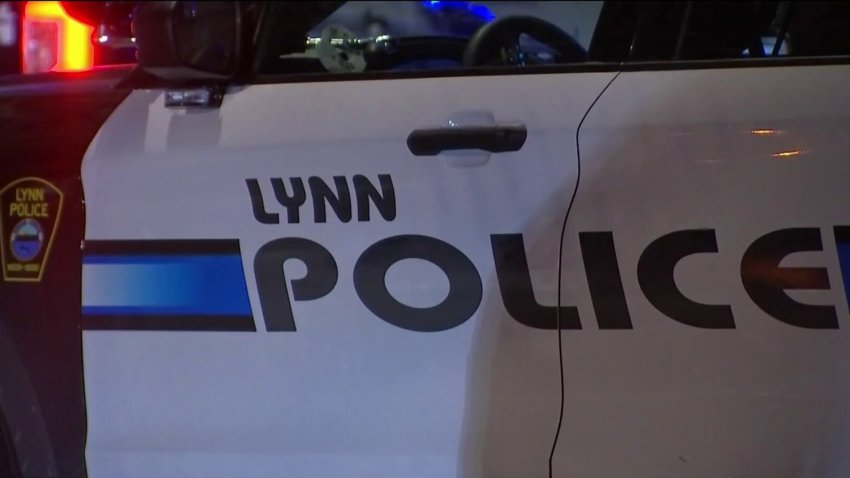
Woman fights off raccoon attack in Somerville
Experts say raccoons rarely attack people, but they can be unpredictable and dangerous when provoked or searching for food.

Experts say raccoons rarely attack people, but they can be unpredictable and dangerous when provoked or searching for food.

Tom E. Curran breaks down what he saw from the Patriots’ wide receivers during Monday’s training camp practice.


Mass General Brigham layoffs cost $53 million

A federal judge on Monday ruled Planned Parenthood clinics nationwide must continue to be reimbursed for Medicaid funding as the nation’s largest abortion provider fights Trump’s administration over efforts to defund the organization in his signature tax legislation.

The woman, identified as 40-year-old Rosane Ferreira De Oliveira, was charged in February with assault and battery with a dangerous weapon on a pregnant victim, according to records from the Worcester District Court.

A missing 19-year-old with intellectual disabilities was found safe in Norton, Massachusetts, on Monday.



Two people, including a child, were taken to the hospital after being bitten by two loose dogs near Flax Pond Park in Lynn, Massachusetts, over the weekend.

A key ramp has been closed along Massachusetts Turnpike along the Framingham and Natick line after a crash on Monday morning.

Follow our live blog for the latest updates from Patriots training camp as the team holds its first practice in full pads.